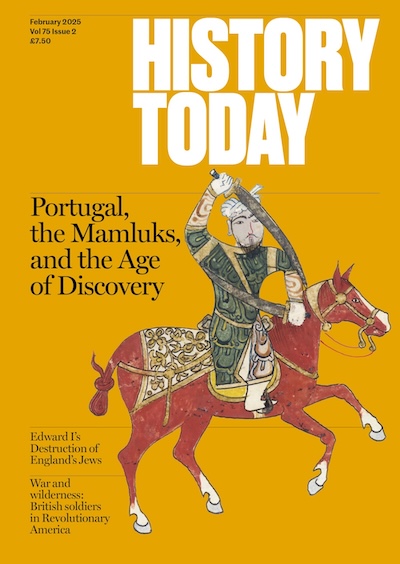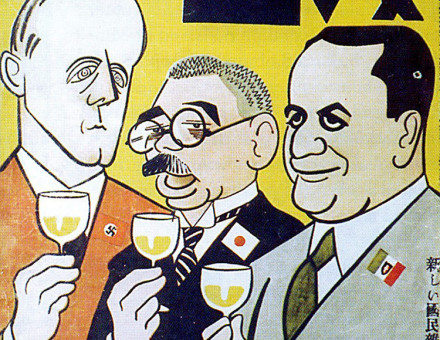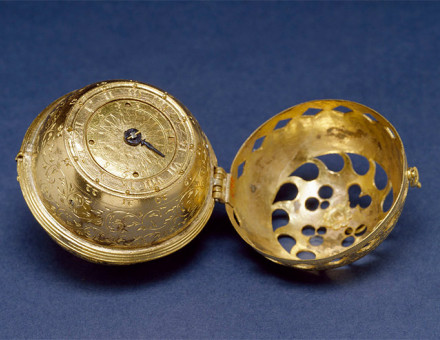Volume 58 Issue 1 January 2008
Report by H.F. Ito a Japanese born close to Hiroshima In 1942, now living in France, on a conference held in December 2007 in Nanjing to commemorate the massacre of Chinese citizens by Japanese troops in December 1937.
Caroline Lawrence, author of the popular Roman Mysteries books, explains how the ancient world first grabbed her attention.
Mark Bryant looks at the cartoons published in imperial Japan during the Second World War.
A figurehead for progress before his political disgrace, in later life Lindberg became concerned about the impact of technology on the environment.
Burma – now Myanmar – became independent in 1948. Could Britain have done more for this unhappy country?
John Styles considers whether the fashion for wearing pocket-watches flourished among working men in the eighteenth century because it was stylish, because they needed to know the time accurately, or for some other reason.
Rosalind Crone introduces a database of readers and reading habits since 1450.
Gordon Brown’s promised written constitution – if it happens – won’t be the first in British history, as Patrick Little reminds us.
Mark Juddery introduces The Story of the Kelly Gang, possibly the first-ever feature film, now largely lost, that was made a hundred years ago in Australia about the notorious outlaw with the unusual body-armour. Hugely popular when it was first released in 1906, it spawned a genre of bushranger movies and epitomized the significance of the Kelly legend in Australian cultural identity.
Peter Furtado finds out how hundreds of local historical initiatives are changing the political and cultural climate of Northern Ireland.






